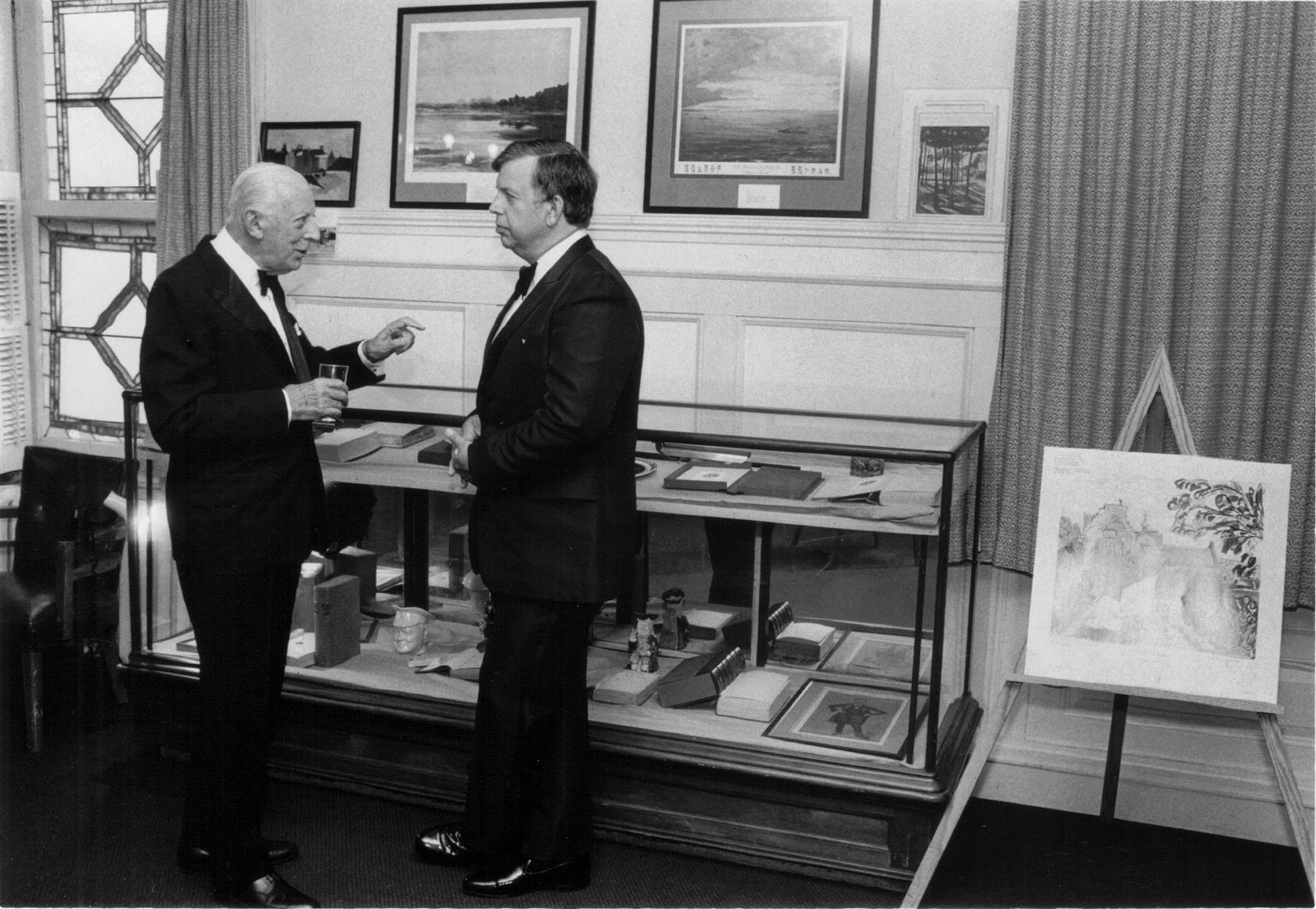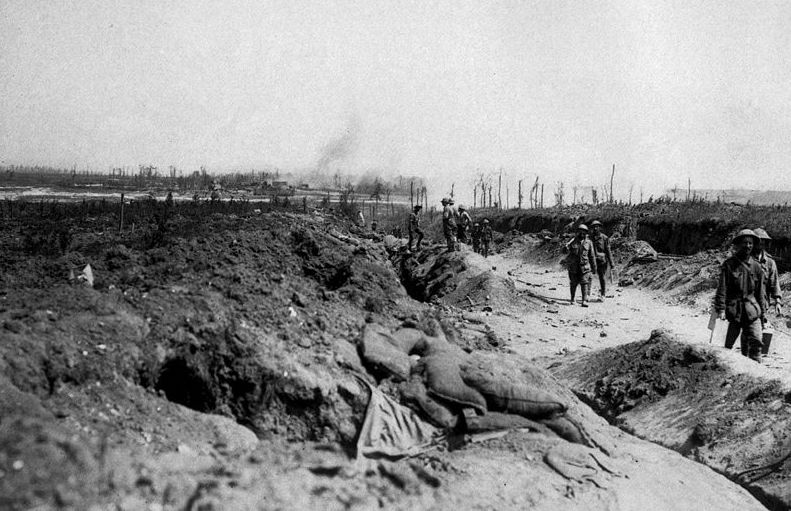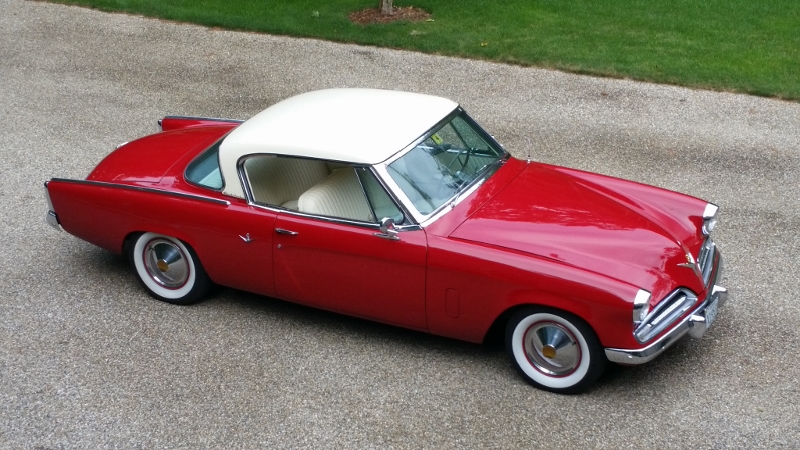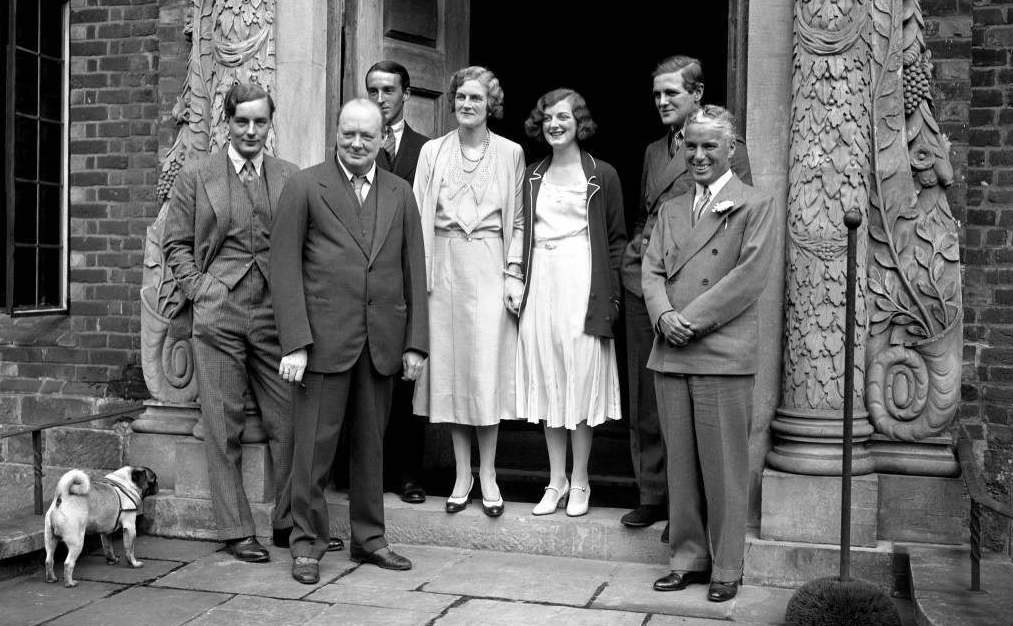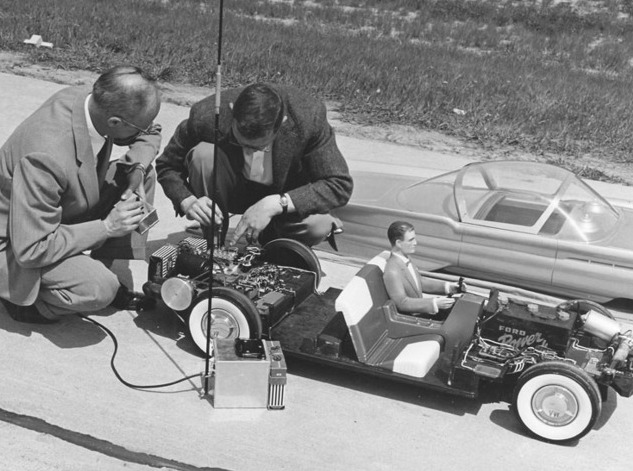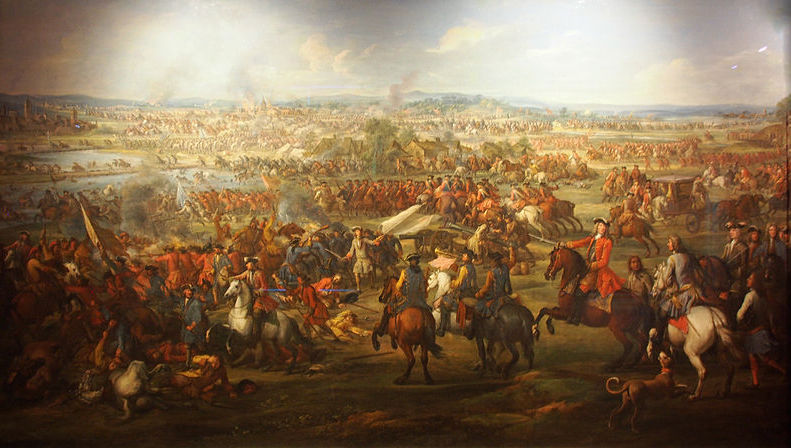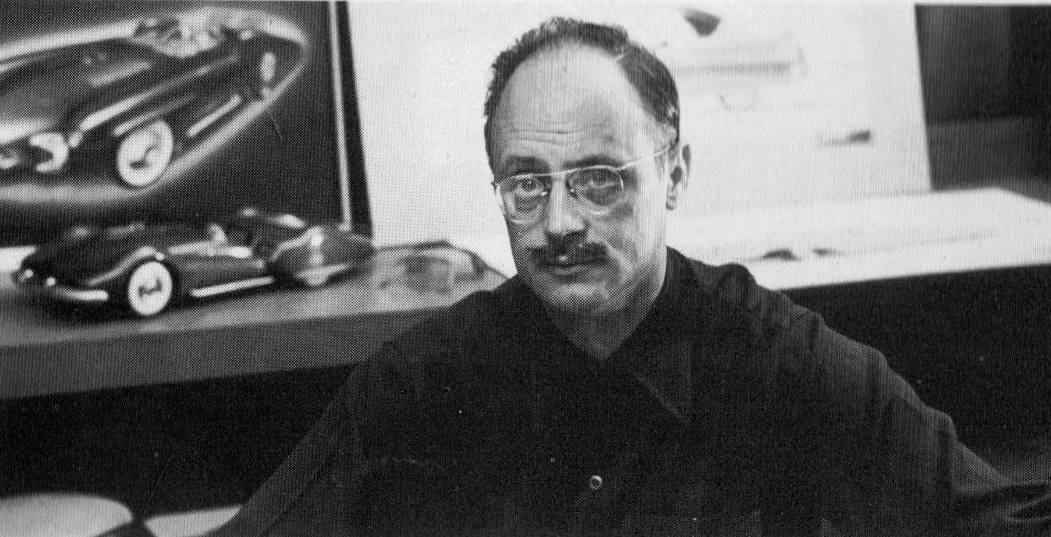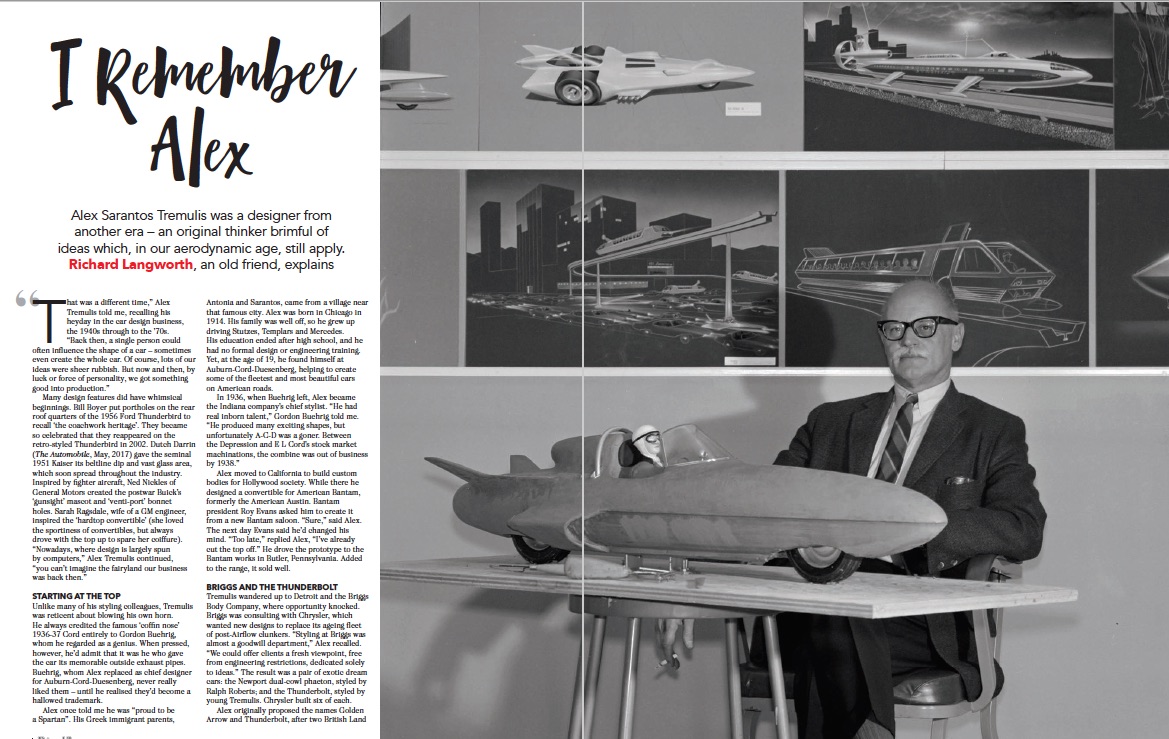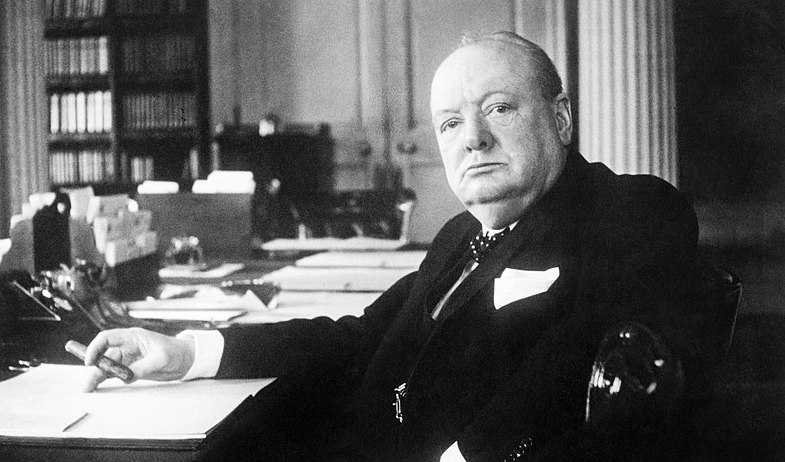
80 Years On: Winston Churchill Prime Minister, 10 May 1940
In the splintering crash of this vast battle the quiet conversations we had had in Downing Street faded or fell back in one’s mind. However, I remember being told that Mr. Chamberlain had gone, or was going, to see the King, and this was naturally to be expected. Presently a message arrived summoning me to the Palace at six o’clock. It only takes two minutes to drive there from the Admiralty along the Mall. Although I suppose the evening newspapers must have been full of the terrific news from the Continent, nothing had been mentioned about the Cabinet crisis.…
